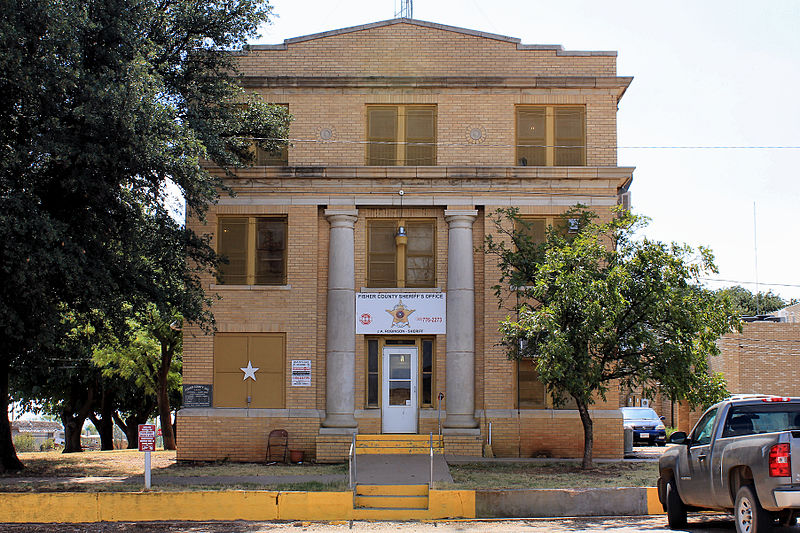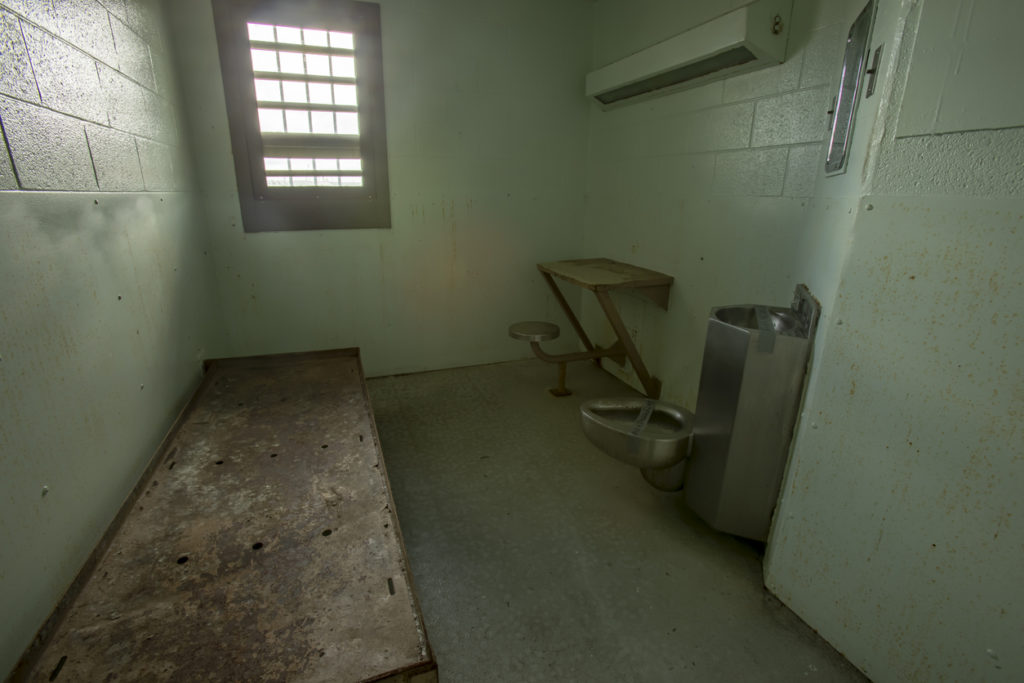
A large volume of information has been collected in complaint against the alleged behavior of staff members and administrative actions in a county jail in the U.S., particularly the alleged gross failure of the jail staff to care for the mental health of mentally at-risk inmates. For perspective, see the following information that touches on Texas jail standards related to inmates with mental disabilities and/or possible suicidal tendencies:
- The booking process as inmates are entering a city or county jail in Texas includes intake screening to identify individuals who may be mentally disabled and/or potentially suicidal. Once it has been determined that an individual does have mental or suicidal issues, they should be set apart from the general population. At-risk inmates are supposed to be managed in a way that minimizes threats of harm and injury. Texas jail standards specify that restraints must be used humanely and only to prevent injury. They are not to be used punitively.
To weigh the general idea of protecting mentally at-risk inmates against the alleged behavior of this county jail outside of Texas reveals a shocking contrast. The following are among the claims made by current and former inmates with mental health issues housed at that facility:
- The jail staff maintains an environment in which the inmates are mocked, abused, and belittled.
- Solitary confinement is excessively used for mentally disabled inmates.
- Inmates are restrained in restraint chairs for hours at a time.
- Officers imply that inmates should kill themselves.
- Following suicide attempts, patients are punished.
As a result of the way the mentally impaired inmates are treated, they allegedly suffer the following:
- Decompensation
- Psychological pain
- An elevated risk of self-harm
- An increase in disciplinary infractions
- Excessive use of force by the staff
See this continuing series to learn more about this disturbing story. Inmates do not lose their constitutional rights because they have been incarcerated. County and city jails in Texas have a responsibility to uphold the constitutional rights of every inmate.
This post, as with all of the posts on the site, is not intended to assert or imply inappropriate behavior or misconduct on the part of any individual or entity. The purpose of the post is to provide information.
–Guest Contributor










